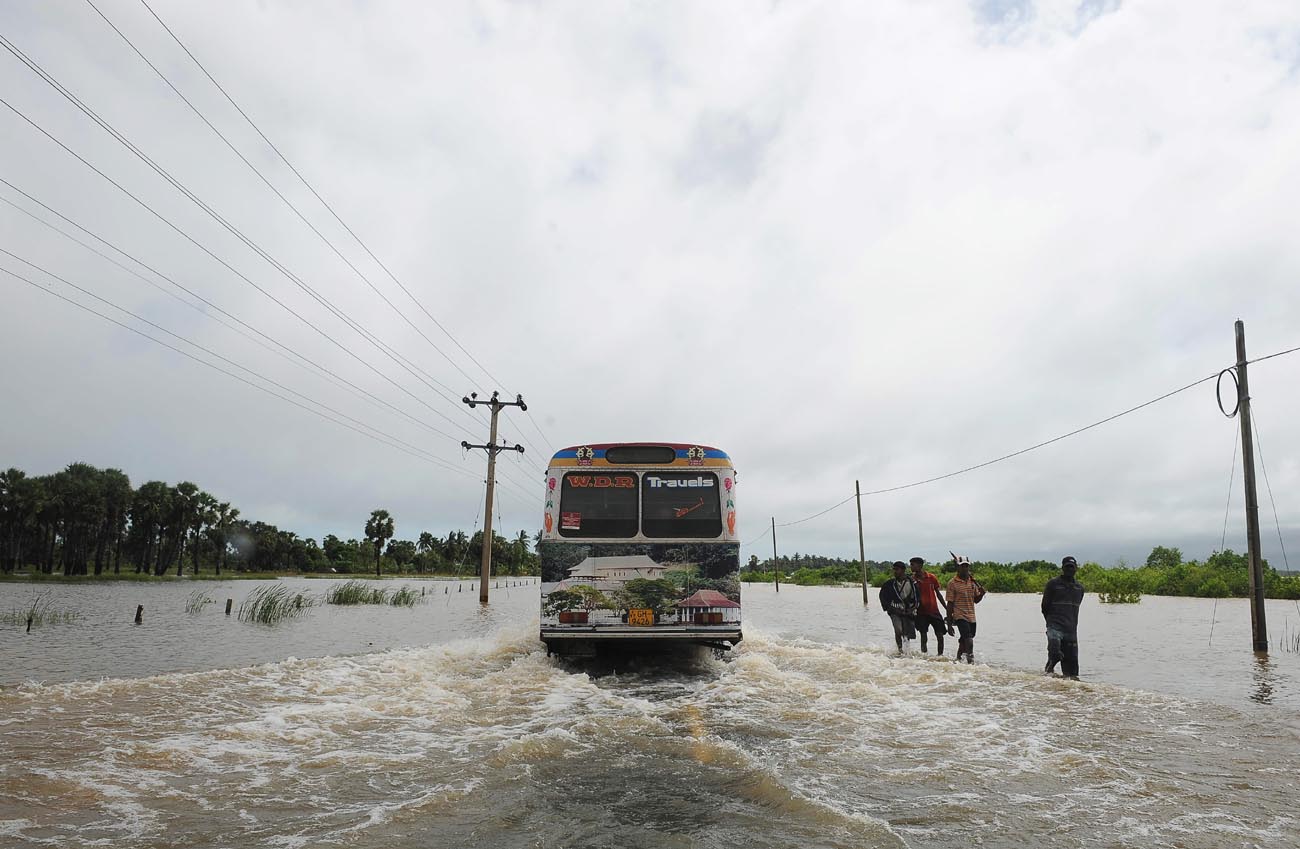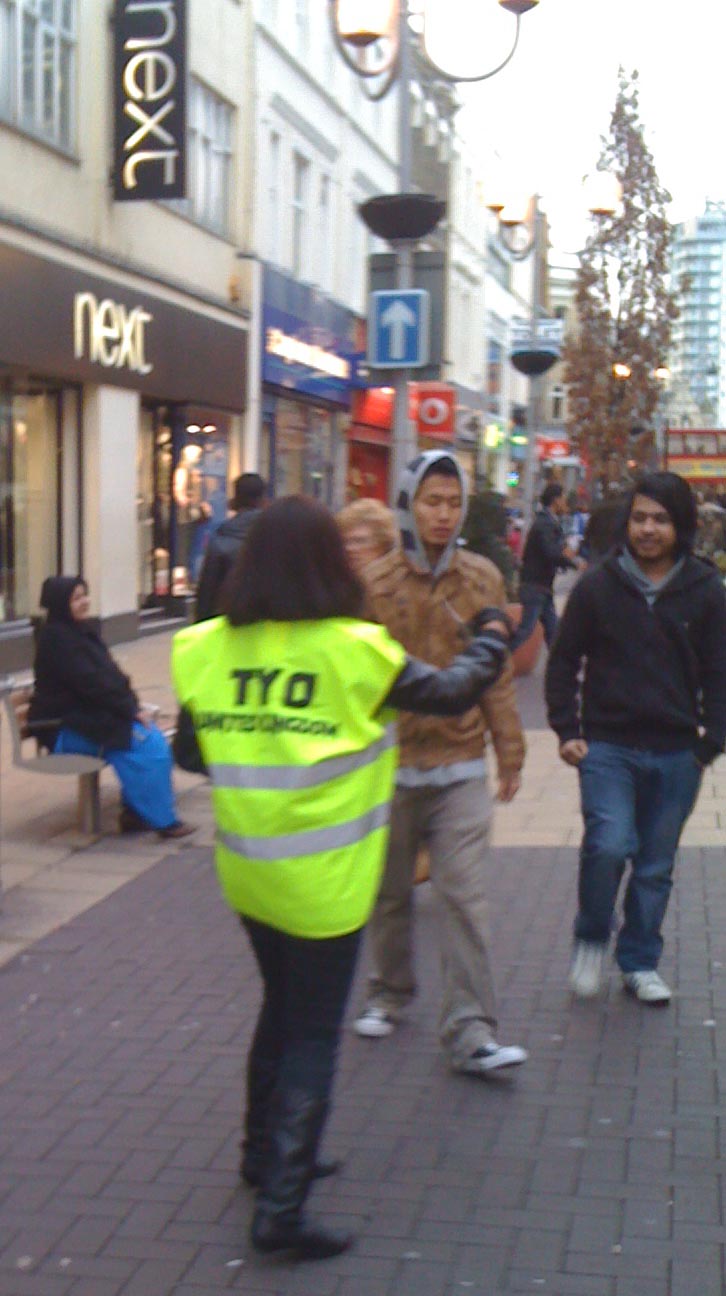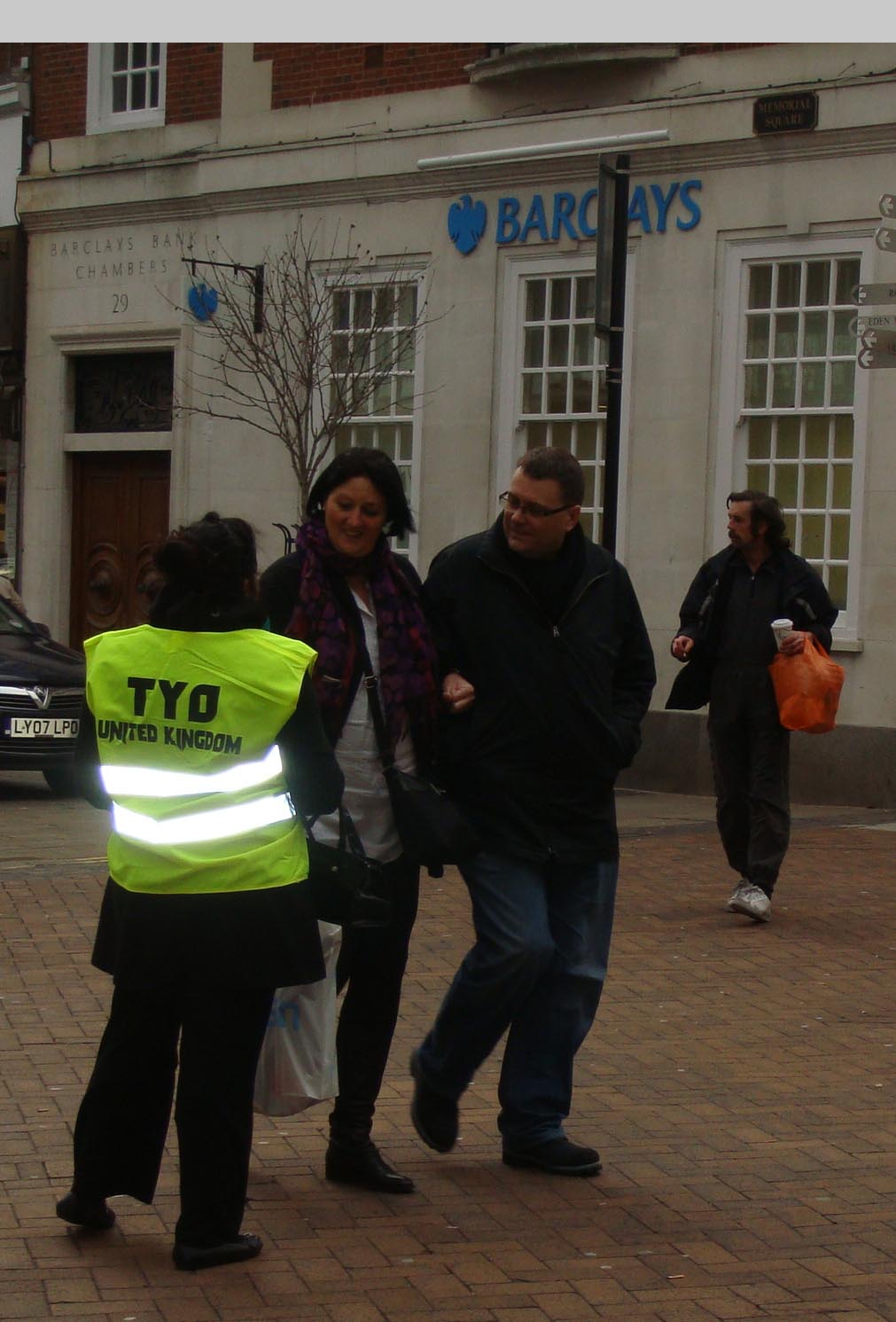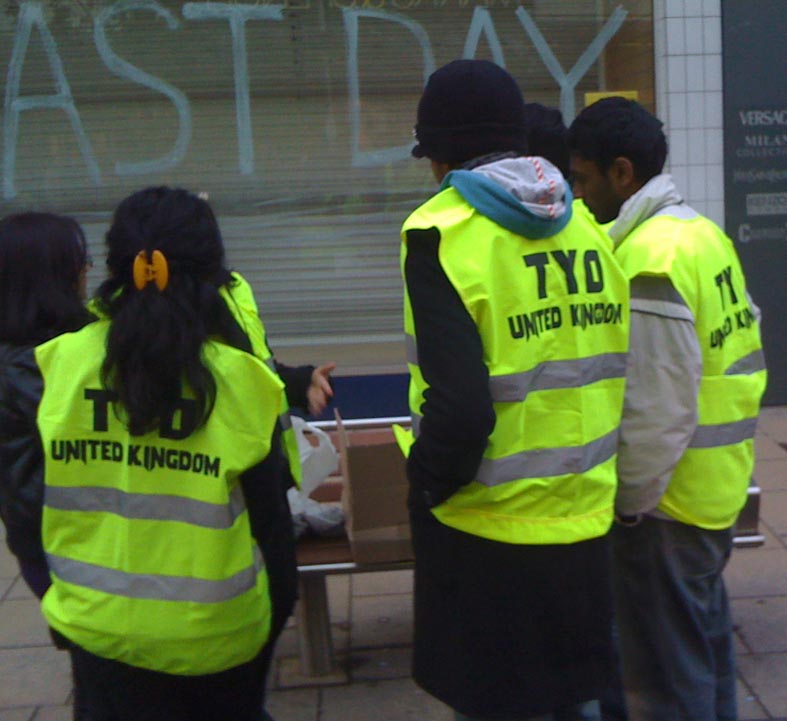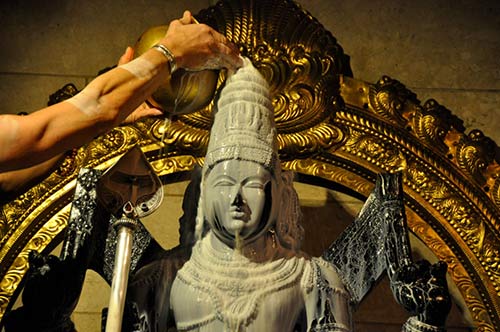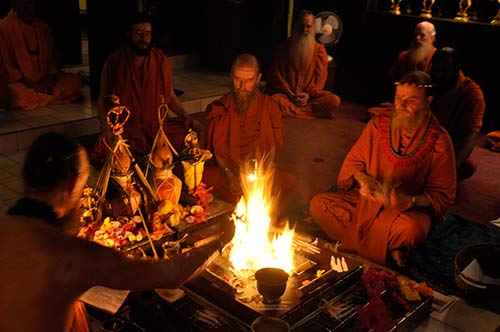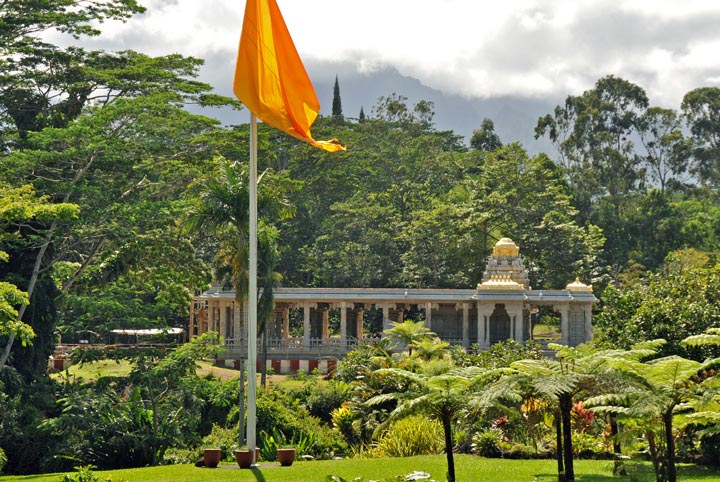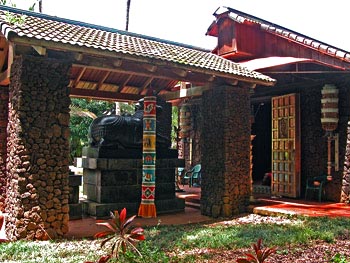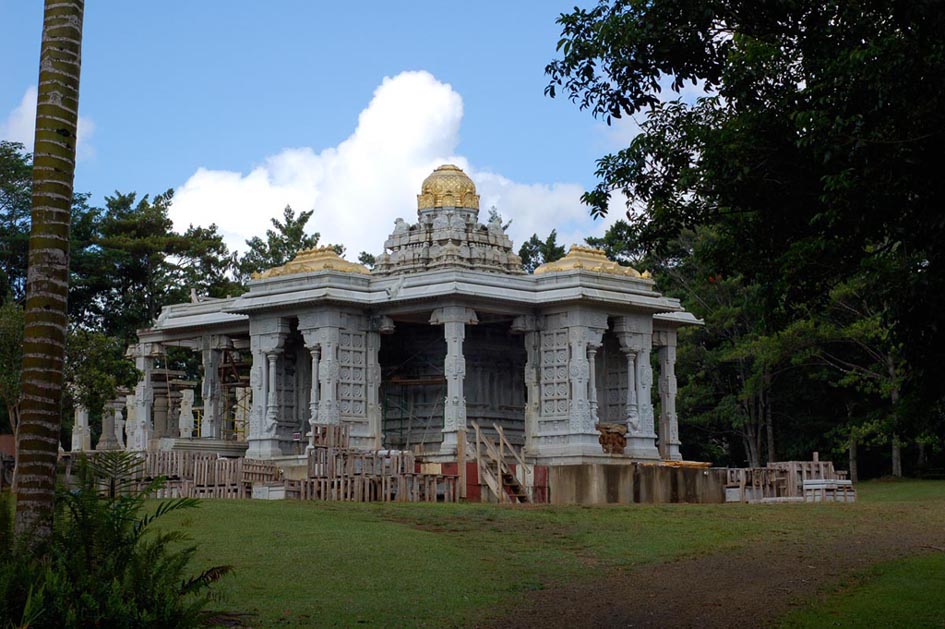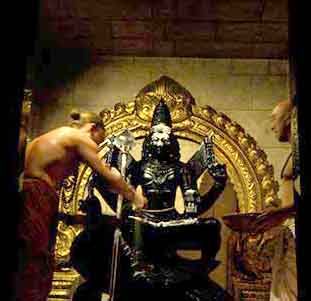Figures released recently by Sri Lanka’s Central Bank reveal an increase in bank lending to the private sector (see p6 here). But an industry body said this week major exporters were not borrowing as they are gloomy about economic prospects.
What could this contradiction mean?
Rising bank lending is usually a sign of a growing economy. Businesses borrow, invest in production and repay loans with profits from sold goods and services.
Banks also lend to consumers who purchase homes, cars, holidays and so on, generating income for businesses, who expand production and also hire new employees, who in turn spend.
This is the virtuous cycle of business. Usually.
However, in Sri Lanka there are other factors. Bank lending here signifies something else.
State patronage
To begin with state-controlled banks and pension funds control almost forty percent of all financial sector assets in Sri Lanka.
An expansion of lending by these means the state is using its financial assets to give concessionary loans to preferred businesses and clients. Given the Sinhala-first logic of the state, these are largely Sinhalese and supporters of the state.
When lending takes place for such reasons – i.e. state patronage – there is no guarantee borrowing businesses are either viable, or that they will (need to) repay their loans.
Interesting, the recent rise in bank lending comes at the same time the government has introduced measures to protect those owing less than Rs 5 million from repossession proceedings.
Such patronage, and its Sinhala-first logic, is not only peculiar to President Mahinda Rajapaksa’s SLFP (Sri Lanka Freedom Party) led government.
The state owned banks, People’s Bank and Bank of Ceylon, are the two largest banks in Sri Lanka. Both are plagued with bad and non performing debts and have long been so.
Twice during the 1990’s both ran into serious financial difficulties and had to rescued by massive injections of government funding.
Plans to privatise them were abandoned when the President Rajapaksa came to power.
During the recent debate in Parliament, the main opposition UNP (United National Party) – often considered ‘pro-business’ – called for protection from repossession to be extended to those owing up to Rs 50m.
Ethnic privilege
As one scholar of Sri Lanka, Deborah Winslow, put it (see p31 of her 2004 book).,
“never, in independent Sri Lanka, has economic policy been isolatable from issues of ethnicity, because how the government has chosen to define and to resolve economic difficulties has consistently been informed by ethnic politics, just as ethnic politics has been informed by economic choices.”
Eighteen months after the end of the war, while Sri Lanka’s government is today providing cheap finance to Sinhala recipients and protecting them from non-repayment, Tamil entrepreneurs’ efforts to set up industries in the Northeast is being actively hampered.
The Sinhala population also benefits from the services of state owned agencies such as the Sri Lanka Mortgage and Investment Bank (SMIB), which provides cheap, long term loans for housing to middle and low income customers.
37% of SMIB’s total lending is non performing, the LBO reported. In other words, over a third of borrowers are not making repayments.
Meanwhile, in the war devastated Tamil-speaking areas the state is blocking international efforts, led by India, to reconstruct desperately needed houses for a million displaced people. The Ministry of Economic Planning recently ordered that there should be no new building of houses in the north and east.
In Sri Lanka, increased lending does not mean development and growth is underway, bring peace, but the reverse: the state banks is pouring money into creating an economically unviable vision of a Sinhala first economy, whilst at the same time asphyxiating revival of a Tamil economic base on the island.


